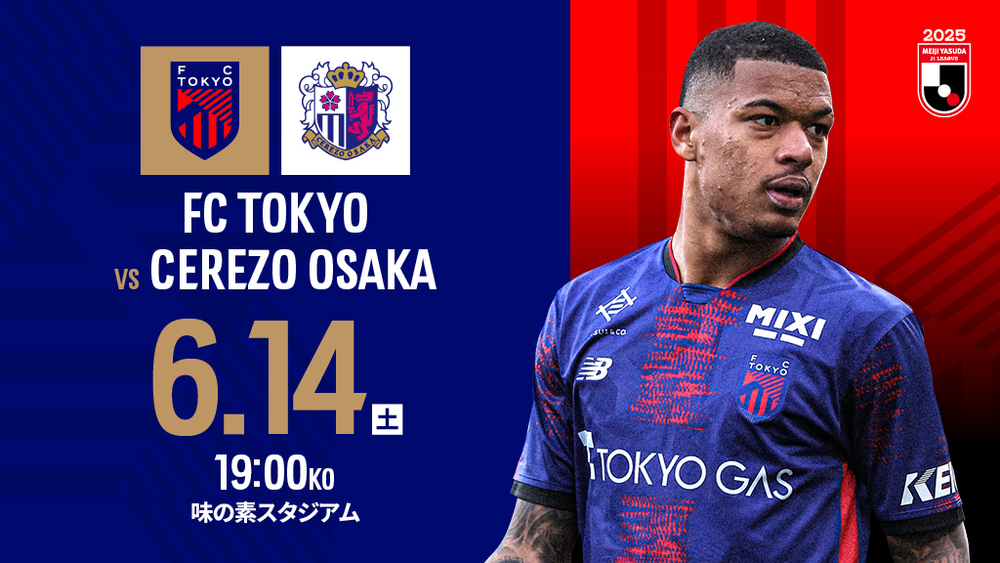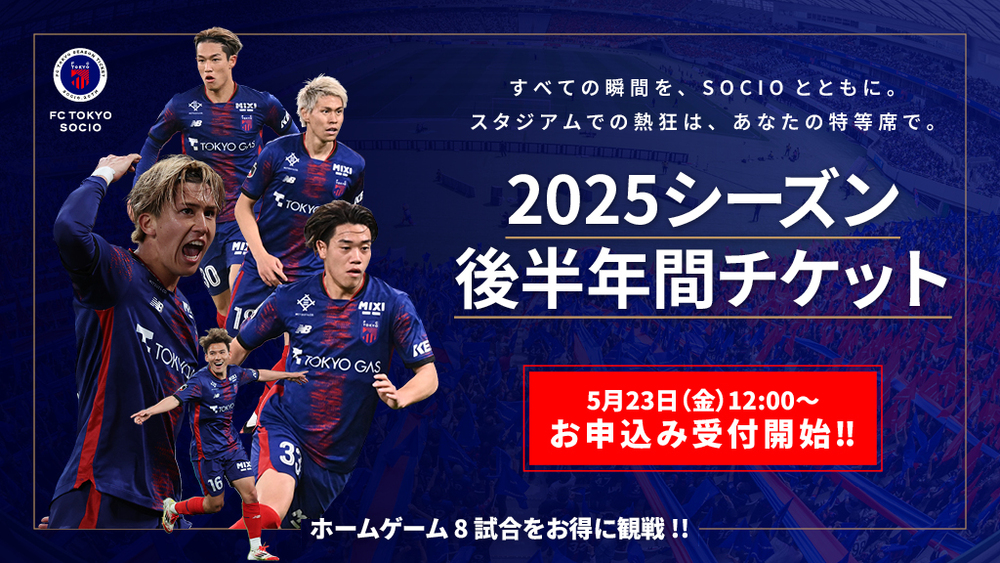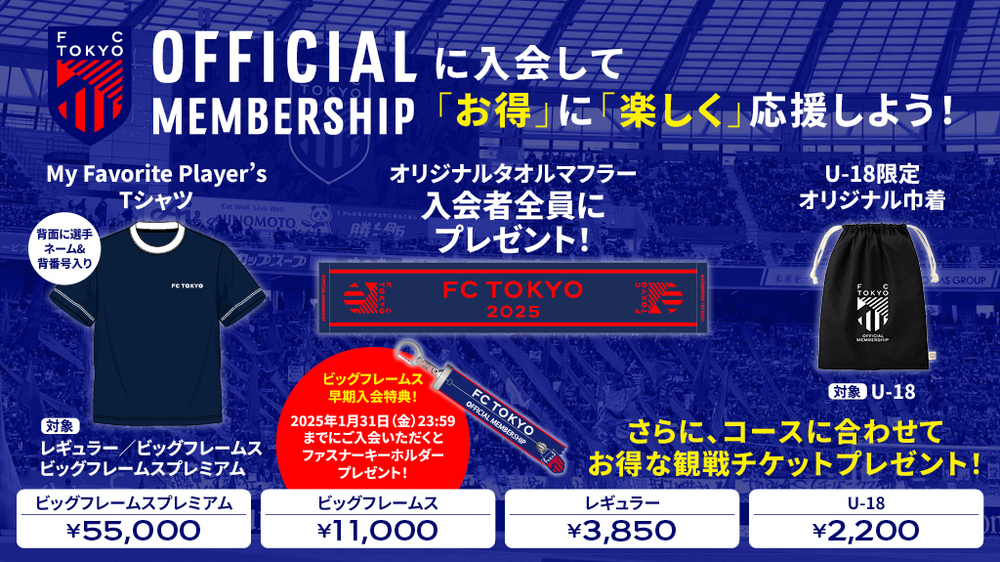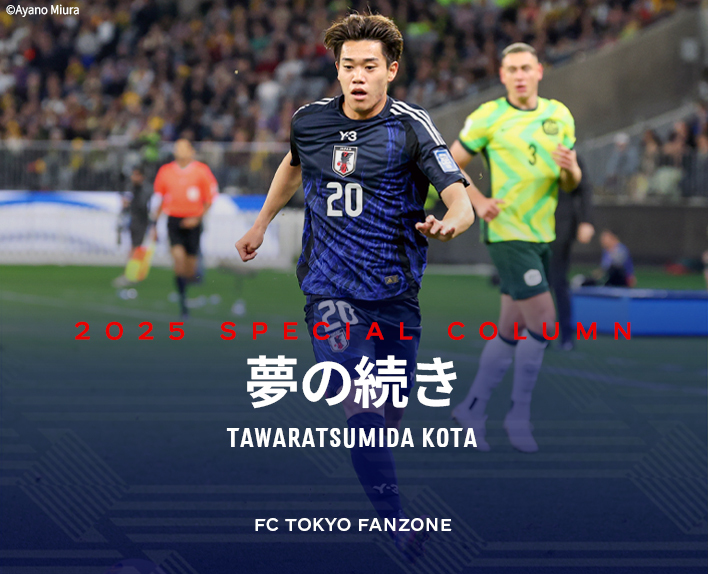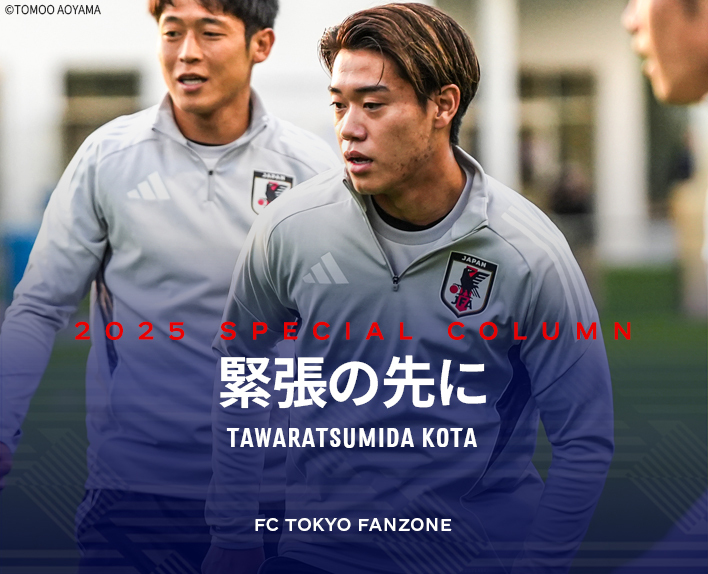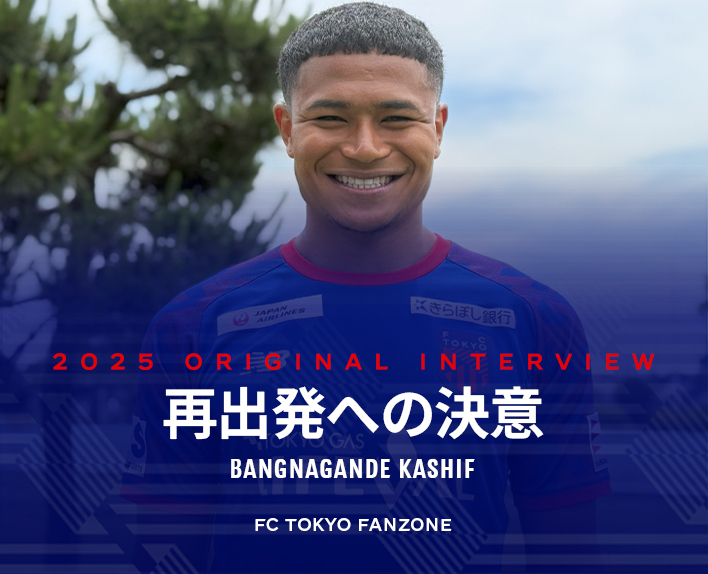Kota TAWARATSUMIDA, who was selected for the first time to the SAMURAI BLUE (Japan national team) competing in the Asian final qualifiers for the FIFA World Cup 26 North and Central America tournament, started in the away match against the Australia national team and made his memorable Japan national team debut. The 21-year-old, wearing the Hinomaru for the first time including youth national teams, reflected on what he thought and what kind of play he showed on the stage he had long admired. And what did he say? This on-site report by Tomoo Aoyama, who continues coverage in Perth, Australia, delivers the story of the big first step taken by Kota TAWARATSUMIDA.
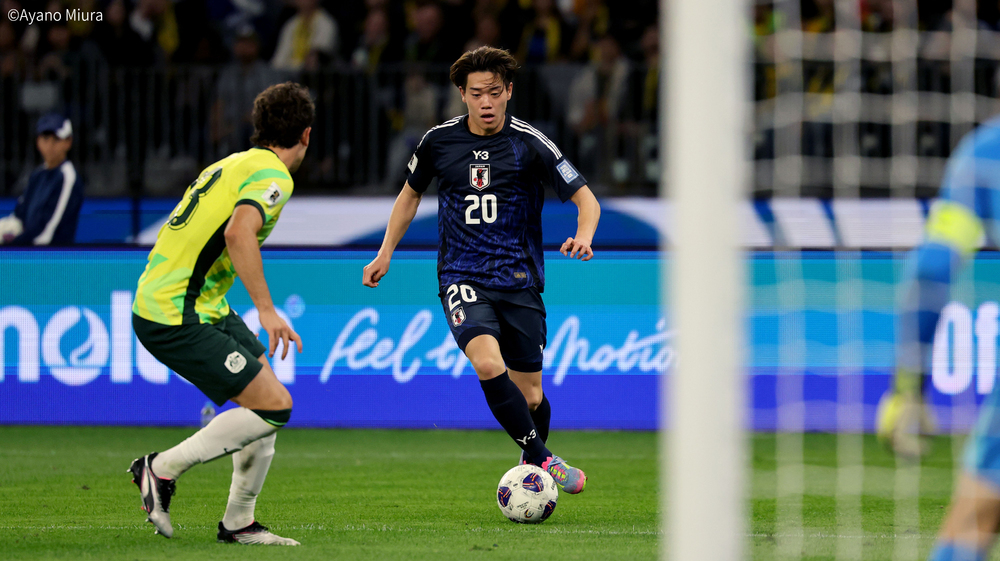
"It can only be described as frustrating"
After the match, he was the first to appear in the interview area and immediately expressed his honest feelings. His expression clearly showed his frustration.
It was a surprising major selection. An away game against Australia, who would fight seriously for the right to participate in the World Cup. Facing an opponent who absolutely cannot afford to lose, coach Hajime MORIYASU selected Kota TAWARATSUMIDA, who was called up for the first time, as the starting left wing-back. Since the first day of practice after arriving in Perth was a separate menu considering the fatigue from the league match and travel, he was able to participate in team practice for only two days. This decision was made with great expectations for the 21-year-old, who was called up to the national team for the first time, including all age-group representative teams.
The day before the match, he spoke with an extremely tense expression, saying "I am nervous," and the reason was that he had just learned he would suddenly start in the lineup. The responsibility and weight of representing Japan national team in battle suddenly pressed heavily on his shoulders.
"I was told (about the starting lineup) the day before. It was the most nervous I've ever been in my life."
After finishing the day-before practice at the stadium, the time to be alone comes. Various thoughts almost crossed my mind, but there was no time to hesitate. I made up my mind.
"I deeply realized what it means to carry the Hinomaru on my back. Even in such circumstances, I spent my time with the determination to show my own play. Above all, I built a mentality of 'I absolutely will not lose to the opponent in front of me,' and after that, it was a battle with myself."
Experienced teammate Yuto NAGATOMO also encouraged him with words. From the very first day of joining, the veteran, who paid attention to the junior's tense behavior and supported him to quickly adapt to the national team, injected fighting spirit as they prepared for the match, saying, "Go for it! Show your strengths more and more." Tawara Tsukida later recalled that the senior's words were "truly reassuring and helpful."
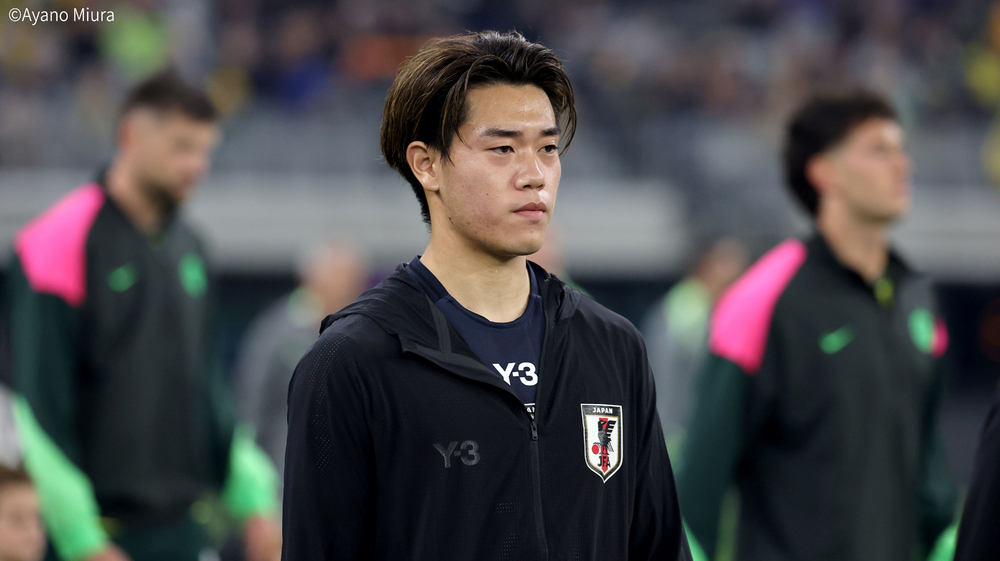
On match day, stepping into the stadium and putting on the blue uniform of the Japan national team for the first time in the locker room. Then entering the pitch with the FIFA anthem playing behind. A stage admired since childhood. Feeling both nervousness and excitement at the same time. And at the same time, deeply reflecting on the meaning of standing on the pitch as a member of the Japan national team.
"I was very excited. It was the uniform I had dreamed of wearing for a long time, and it felt very significant. I felt like 'I've come this far,' but it wouldn't mean anything if I didn't perform well there. I was truly focused on the match, not thinking about anything else, with only the determination to win as a member of the Japan national team."
The position is left wing-back in a 3-4-2-1 formation. It was a favored spot where he had shown attacking moves depending on the situation even in Tokyo. Coach Moriyasu advised him, "Lately, you haven't been breaking through vertically much. Going vertical scares the opponents more." Taking this advice, he decided, "First, let's aggressively go vertical," and showed a bold approach right from kickoff.
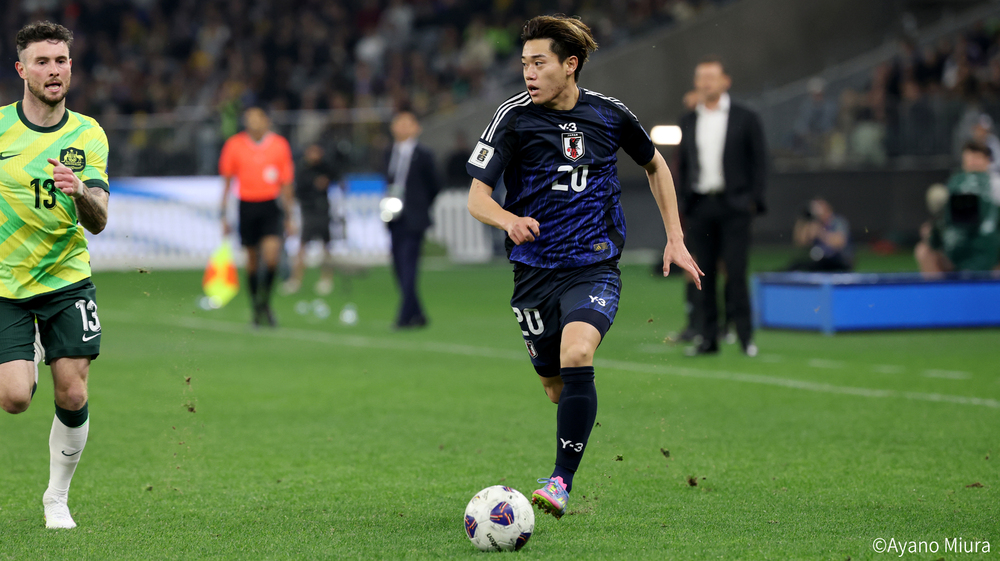
Right at the start, in the 3rd minute of the first half, he received a pass from Hiromu KAMADA and attempted to break through vertically. Although the cross ball slipped over the goal line due to unfamiliarity with the turf, the coach on the bench applauded with a big gesture. Then, consecutively in the 5th, 6th, and 7th minutes, he made vertical attacks down the left side and delivered crosses. Gradually correcting various things and adjusting to the conditions, he showed a proactive attitude.
Just before the end of the first half, he cut in from the left and connected to Kamata diagonally in front on the right, creating a scoring opportunity. "Kamata was in a really good position, which made it easy for me to pass. That scene was very good," he said with confidence. This play also left the impression that his strength is not limited to solo attacks from the side.
Played until the 19th minute of the second half and was substituted to the bench in exchange with Keito Nakamura. Kamata, who played alongside him, speaks.
"(Tawaratsumida) is a player known for his one-on-one skills, so we tried to let him take on as many challenges as possible. In the first half, we went quite vertically often, so I told him, 'You can use the center a bit more.' Today, I think he earned a lot of corner kicks and did well to break free individually. However, this applies to the whole team as well — if we can't break through the center, the wings won't open up effectively. We ended up focusing too much on the wings, and with new members, it was difficult to take risky plays in the away match in Australia. Still, it's understandable at the start, but as time passed, I think we could have broken through the center a bit more."
In addition to the highlights in the early attacks of the match, the players showed passionate play in battles for the ball and pressing back, just as discussed before the game. However, many of the attempts ended up being isolated, and it seemed there were parts where the performance did not meet the expectations. Australia's decision to strengthen their defense with a five-back formation, aiming for a draw, was somewhat unexpected for the team.
Regarding the positioning along the touchline, Tawara Tsukida himself revealed, "By pinning down (marking the opposing player), space opens up for Kamata to receive the ball freely, and that allows me to make more runs behind the defense. There were various intentions, but I believe I can expand the range of my play." As he mentioned, adding flexible decision-making, tactical maneuvers, play cancellations, and variations in tempo should help broaden the scope of his play.
And in the final moments, a dramatic winning goal was conceded to Australia. The team suffered their first defeat in this Final Round. Despite gaining some confidence, they could not celebrate a victory in the debut match. Above all, the frustration grows from not being able to contribute to a win as part of the Japan national team.
"Since we lost today, my next goal is to play in matches and win. The opponent played quite defensively, making it a difficult game, but even so, I have to be involved in scoring and creating chances. I was nervous at first, but with the help of my seniors, I gradually got my body moving and got used to it. From now on, I realized I need to be able to do those things on my own, and above all, I have many challenges. I strongly felt once again that I need to learn various things from those around me and improve my level even more. There are still many issues to work on, so I want to make proper corrections."
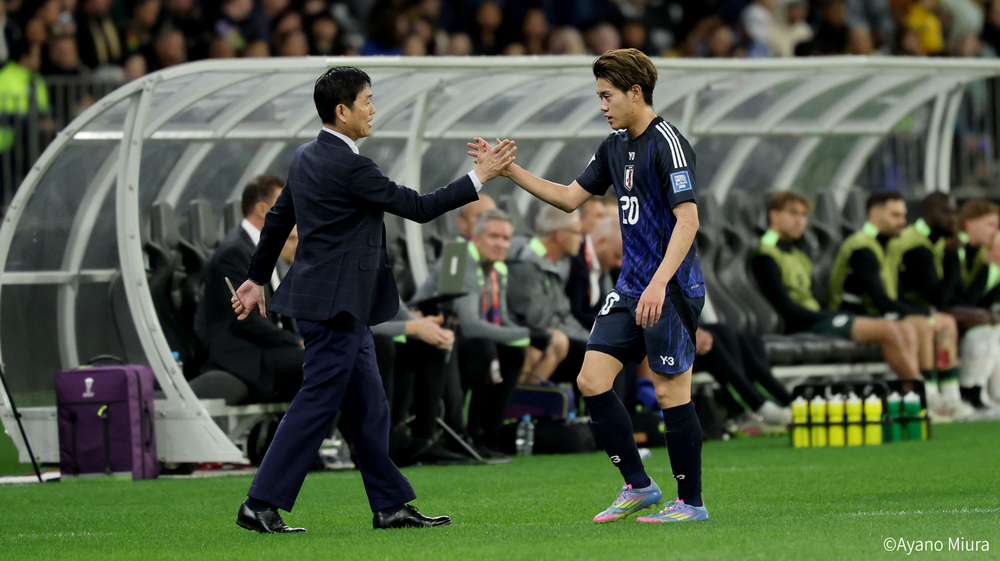
From admiration to reality. This match against Australia became a game that taught the meaning of representing Japan national team and competing on the world stage. At the post-match press conference, Coach Moriyasu commented on Japan's future: "Our future is something we carve out ourselves. I want to believe that experiencing the final qualifiers against a strong Australia team away from home will lead to our growth going forward. I would be happy if the players who were called up for the first time and took the pitch engrave this experience in their hearts and use it to grow."
Seeing is believing. The big step taken by Kota TAWARATSUMIDA must have opened the door to a new world for him. The next goal is the match against Indonesia, held after just four days of rest. We hope he will once again showcase his skills in practice, absorb a lot from the internationally experienced players, and continue to grow. Only he can change his mindset and play. The dream he has quietly held onto is no longer his alone.
Many people are looking forward to the continuation of the dream that does not end with this one match.
(Honorifics omitted in the text)
Text by Tomoo Aoyama / Photos by Ayano Miura
